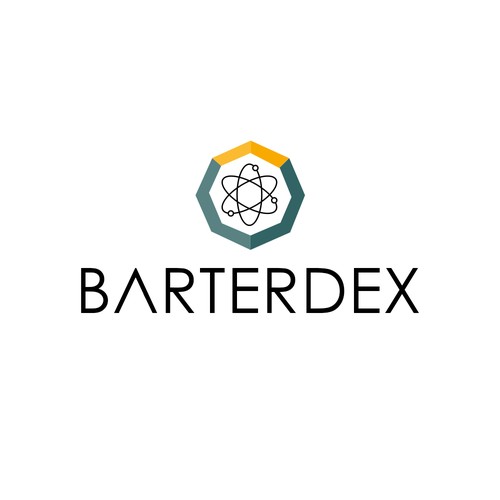
BarterDEX

Taxas da Bolsa
Métodos de Depósitos
Criptos Suportadas (2)
UPDATE 8 June 2019: We have learned that it is no longer possible to download the BarterDEX-client from the komodoplatform-website. Apparently, the Komodo-team is working on releasing a new mobile DEX during the summer of 2019. We will update you here when that happens.

To find a reliable exchange where you can start an account, just use our Exchange Filters and we'll help you find the right platform for you.
BarterDEX Review
BarterDEX is a decentralized exchange that launched in November 2017. It is however currently being redeveloped, and the new version can be downloaded onto your desktop for testing. To help out with testing the exchange, you can join the Komodo Slack workspace channel here.
Decentralized exchanges are becoming increasingly more popular, mostly due to the following factors:
- They do not require a third party to store your funds, instead, you are always directly in control of your coins and you conduct transactions directly with whoever wants to buy or sell your coins.
- They normally do not require you to give out personal information. This makes it possible to create an account and right away be able to start trading.
- Their servers spread out across the globe leading to a lower risk of server downtime.
- They are essentially immune to hacker attacks.
However, decentralized exchanges normally have an order book with lower liquidity than their centralized counterparts and if you lose your password, it is probably lost forever.
US-investors can trade here as well.
BarterDEX Trading View
Different exchanges have different trading views. And there is no “this overview is the best”-view. You should yourself determine which trading view that suits you the best. What the views normally have in common is that they all show the order book or at least part of the order book, a price chart of the chosen cryptocurrency and order history. They normally also have buy and sell-boxes. We have not yet accessed the trading view at BarterDEX. This is because you will have to download the product from Github before being able to access the interface. Needless to say, this exchange is not for amateurs. You will need some technical expertise before starting to trade through the BarterDEX-tool.
BarterDEX Fees
BarterDEX Trading fees
This exchange has a taker/maker fee system, meaning that takers and makers get charged differently. We call makers “makers” as they make the liquidity in a market, by creating orders that reduces the gap between the purchase prices and sell prices. Takers are the ones who remove this liquidity by matching makers’ orders with their own.
At BarterDEX, takers are charged 0.15%. Makers on the other hand, don’t have to pay anything at all (0.00%). This is definitely competitive trading fees. The global industry average is arguably around 0.25%.
BarterDEX Withdrawal fees
We have not been able to find any information on BarterDEX’s withdrawal fees. We would assume that they only charge the relevant network fees when you withdraw cryptocurrencies, but can’t say for sure. This is potentially a risk for you as an investor. Accordingly, we urge you to make your own analysis of the withdrawal fees at BarterDEX before depositing any funds there.
Deposit Methods
BarterDEX does not accept any deposits of fiat currency. This means that new cryptocurrency investors (i.e., investors without any previous holdings of cryptocurrencies) can’t trade here. In order to purchase your first cryptocurrencies, you need a so called entry-level exchange, which is an exchange accepting deposits of fiat currency. Find one by using our Exchange Finder!
BarterDEX Security
The servers of decentralized exchanges normally spread out across the globe. This is different from centralized exchanges that normally have their servers more concentrated. This spread-out of servers leads to a lower risk of server downtime and also means that decentralized exchanges are virtually immune to attacks. This is because if you take out one of the servers, it makes little to no difference for the network of servers in its entirety. However, if you manage to get into a server at a centralized exchange, you can do a lot more harm.
Also, if you make a trade at a decentralized exchange, the exchange itself never touches your assets. Accordingly, even if a hacker would somehow be able to hack the exchange (in spite of the above), the hacker can not access your assets. If you make a trade at a centralized exchange, however, you normally hold assets at that exchange until you withdraw them to your private wallet. A hacker can therefore hack a centralized exchange and steal your funds held at such exchange. This is not possible when it comes to a DEX.